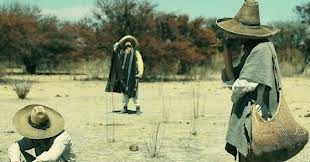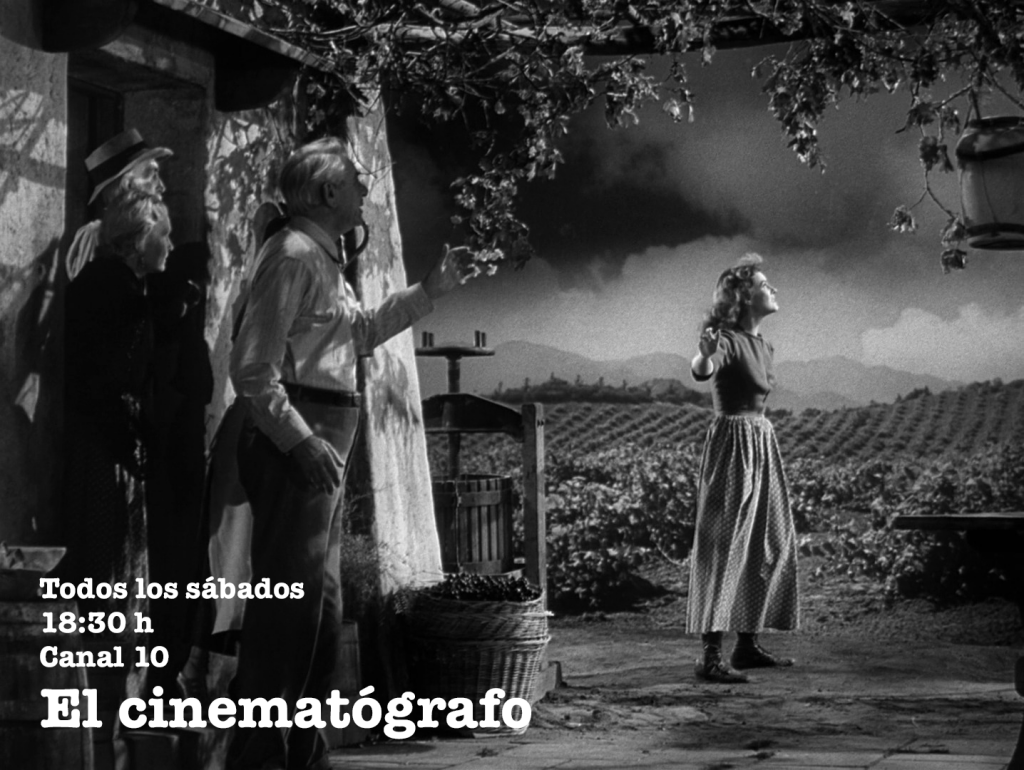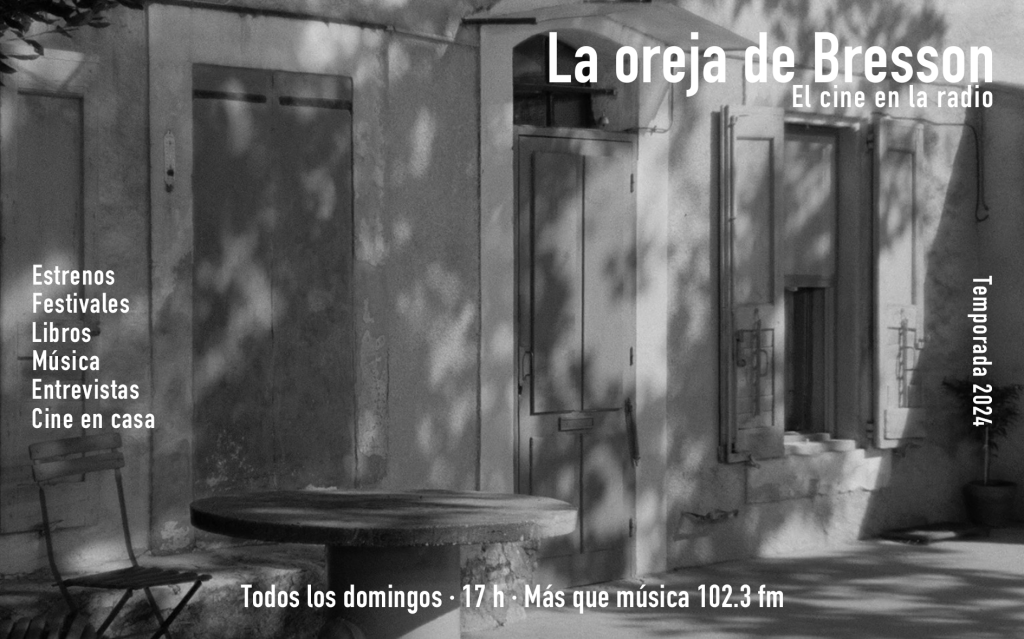
MES FICUNAM 2013 (03): REVOLUTION AND REPRESENTATION
Matar extraños / Kill Strangers, by Nicolás Pereda y Jacob Secher Schulsinger, Denmark-inamarca-Mexico, 2013
By Roger Koza
The opening five minutes of Kill Strangers are formidable: a woman talks about a modern conception of History and Revolution as well as the discreet knowledge of those agents within the revolutionary experience; and though those making History may be able to imagine their fate and to project both personal and collective fantasies they also have to learn to live always with uncertainty and indetermination. After that, a man fixedly stares at the camera repeating the woman’s thesis. Then, open shots of buildings fit for a staging of the past which reminds us both of a Western and of the building reconstruction of 1910. These images are alternated with shots of the interior of a house in current times.
Repetition establishes a pattern throughout the film (as in all of Pereda’s work), and theater and political representation are shown as an intellectual and dramatic operation, as an unsolved dilemma; discontinuity and continuity in different historical times, a pragmatic curiosity.
The beauty of abstraction is absolute in here, it is a research method. Discourse possesses the actors and each action becomes a hypothesis. Three peasants walk on the mountain in search for a fundamental and yet never named place. Perhaps they are ready to join a revolutionary force; however, maybe their leader —someone called Torres— is deceiving them. After that, we see what could possibly be a casting for a film in which several men seem to be channeling these three peasants. They repeat their lines and ponder occasionally on the sense of revolution. Constantly coming and going, this dialectic passes from panoramic views of history to the open and medium shots of the essay, though there is a humorous turn in which these two different times communicate through a telephone.
The title of the film will remain as a puzzle, as something huge sensed off screen. This is so because the rationality of violence can be known intuitively in Westerns (talking about a foundational myth) and because an explanation of it can be attempted within a political theory, but it can never be fully represented or justified.
***
This review belongs to Ficunam’s catalogue.
English Version: Tiosha Bojorquez
Matar extraños forma parte de la sección Trazos.
Roger Koza / Copyleft 2013





It’s amazing in favor of me to have a website, which is valuable in support of my experience. thanks admin